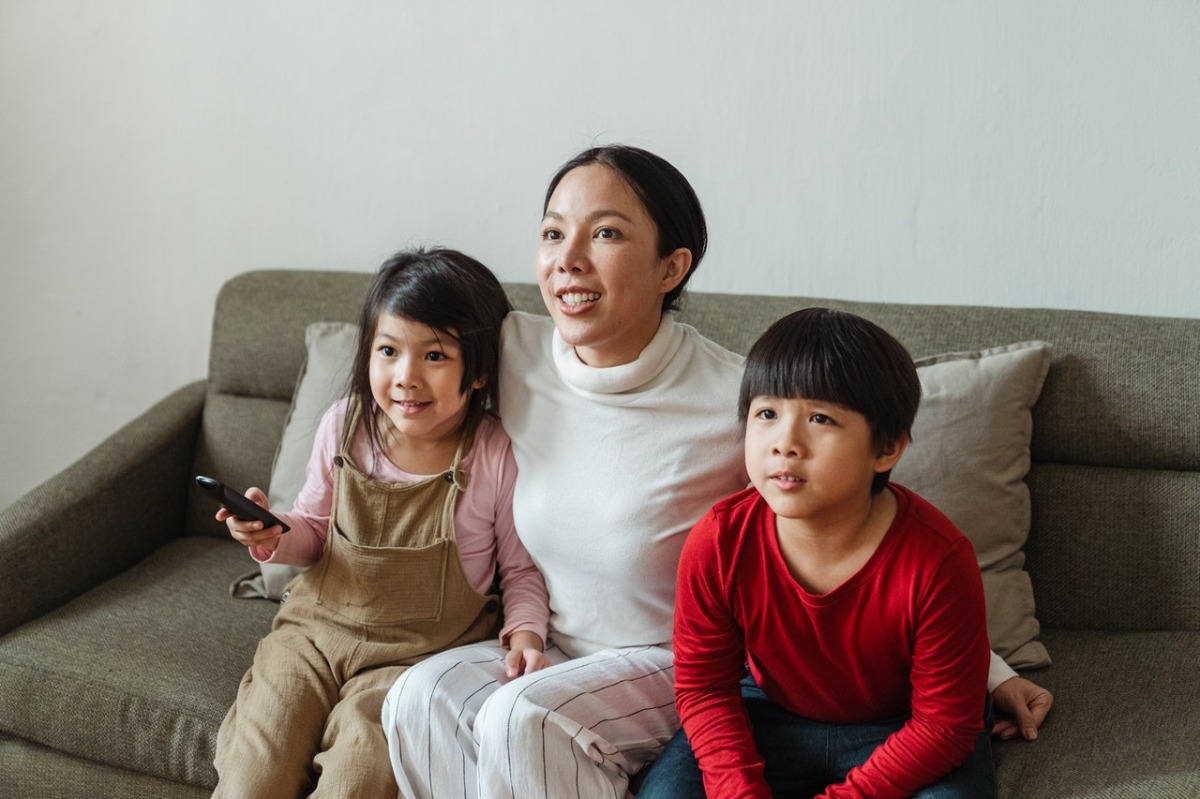According to the United Nations Children’s Fund (UNICEF), even before the coronavirus pandemic, half of all mental problems develop in children before they reach the age of 15. UNICEF warns that requiring children to stay at home for at least nine months during the pandemic puts their mental health at risk. It can create feelings of fear, sadness, anxiety, and concern for the future.
U.S. News & World Report recently held a webinar called “Managing Children’s Mental Health: A Pediatric Hospital Imperative” with a panel of experts. They identified adverse pandemic experiences such as the loss of the child’s daily school routine, possible housing and economic instability in the family, and the possible occurrence of illness or death in the family. They stated that children are now experiencing trauma and that there is an ongoing pandemic in children’s mental health.
Schooling Issues
The schooling situation is still in flux, with only four states ordering schools to fully open in-person classes five days a week as of March 1. Most states have no order in effect, allowing school districts to decide on whether to open schools, provide only distance learning, or provide a hybrid of in-person and distance learning.
According to the Burbio School Opening Tracker, 30.1 percent of K-12 students are now attending hybrid learning while 20.8 percent are attending fully virtual schools. The total shows that a little more than half of all K-12 students nationwide are experiencing a major disruption in school life.
A study released by the Centers for Disease Control and Prevention (CDC) shows that virtual instruction presents a higher risk to the mental and emotional health of both children and their parents compared to in-person schooling.
Whether a child is in a fully virtual or hybrid learning set-up, their parents need help. Even if the child is fortunate to be doing in-person schooling, do not underestimate the impact of pandemic-related stress on him or her and his or her parents.
The stress that children experience puts much pressure on parents. They want to help their children, but they are also overstretched as they face challenges in their own work lives.

The Business of Helping
There are many kinds of small businesses you can set up online to help parents assist their children during the pandemic. You can set up a tutoring service for various subjects across K-12 levels. You will not have difficulty finding people to hire because so many people across different fields have recently lost their job.
To address pandemic learning fatigue, make lessons fun. For instance, if the lesson is on oceans, help find amazing facts about Atlantic Ocean online. From there the tutor can expand the search, depending on the child’s interest, to underwater life, adventures in the Atlantic Ocean, or legends related to it. The tutor can recommend a movie that is set in the Atlantic and is appropriate to the age of the child.
Helping children in academics does not mean spoon-feeding. Rather, it can become an exercise in collaboration. You must also foster in children problem-solving abilities, critical thinking, and adaptability. By doing all of these you offer parents and children an added value beyond basic tutoring. You can train your online tutors to become true mentors.
As mentors, they can be partners of the parents in caring for the child’s wellbeing. Giving full attention, engagement, and encouragement will go a long way in making each child feel completely supported amidst a difficult situation.
Child psychologists point out that children are struggling to process the changes in their lives. They are disappointed that they cannot do the things they used to do, like have or attend birthday parties, participate in school sports activities, or go to dance classes.
Besides academic subjects, you can also offer other lessons that children will enjoy and that can replace the extracurricular activities they are missing. You can offer music lessons, from singing to playing various instruments. You can offer art lessons in painting or air-dry clay sculpture.
Help Parents Prepare for Continuing Changes
The CDC has just changed its recommendation for social distancing in classrooms for K-12 students, from six feet apart to three feet apart as long as students are wearing masks. In common areas outside the classroom, the recommendation for six feet distancing remains. The change can influence the decision of some schools about reopening in-person instruction.
On the other hand, the World Economic Forum believes that the future of education lies in a hybrid of in-person and distance learning, harnessing more innovations in digital technology for the good of students.
In the meantime, many variants of Covid-19 are appearing from around the world and vaccine manufacturers are racing to keep up.
It will take a while before things settle down, and when they do the learning landscape will not be as it was before. Your business will therefore continue to be relevant and much needed by parents and their children.

